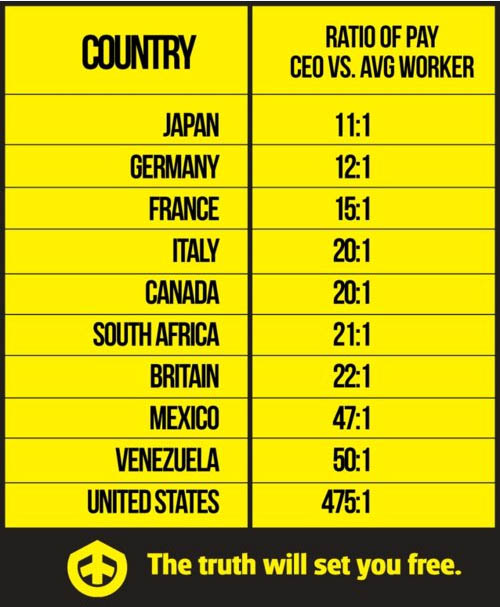Tyler Durden has posted a quiz in which he lists the major contributors to the main contenders for the presidency in recent years and asks you to try and identify the candidate.
It is not easy, but the exercise reveals how the oligarchy covers its bets to make sure that whoever wins the presidency, that person is safely in their pockets.

